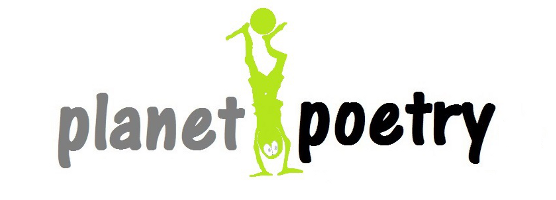Supporting the national curriculum for English
This fun show (or workshop) is built on the following modules and covers the following:
We are ALL poets! MODULES
1: ‘Words’
The importance of choosing words carefully and developing a wide vocabulary – with lots of top tips.
Further curriculum links:
• Pupils should continue to have opportunities to listen frequently to stories, poems…
• Ensure that all pupils acquire a wide vocabulary [aim]
• Pupils should be taught to use relevant strategies to build their vocabulary [attainment target – spoken language years 1-6]
• discussing words and phrases that capture the reader’s interest and imagination [programme of study – Years 3 and 4 Reading – Comprehension]
‘Teachers should also pay attention to increasing pupils’ vocabulary, ranging from describing their immediate world and feelings to developing a broader, deeper and richer vocabulary to discuss abstract concepts and a wider range of topics, and enhancing their knowledge about language as a whole.’
2: Why poetry?
Why do we write poetry? What’s the point? Enables pupils to understand a range of different reasons why we may write poetry. Reading and performing a range of different types of poetry to inspire pupils.
Further curriculum links:
Pupils should be taught to:
• develop positive attitudes to reading, and an understanding of what they read, by:
• listening to and discussing a wide range of fiction, poetry, plays, non-fiction and reference books or textbooks
• preparing poems and play scripts to read aloud and to perform, showing understanding through intonation, tone, volume and action
• recognising some different forms of poetry [for example, free verse, narrative poetry]
[Years 3 and 4]
Pupils should be taught to:
• maintain positive attitudes to reading and an understanding of what they read by:
• continuing to read and discuss an increasingly wide range of fiction, poetry, plays, non-fiction and reference books or textbooks
• learning a wider range of poetry by heart
• preparing poems and plays to read aloud and to perform, showing understanding through intonation, tone and volume so that the meaning is clear to an audience
[Years 5 and 6]
3: Imagination
Inspiring pupils to use their imagination, to grab hold of nuggets of an idea they have and to press on with those ideas to develop those ideas into poems.
Further curriculum links:
Under construction
4: Creation
Inspiring pupils to create poems for themselves by having a vision, gathering the ingredients and putting it all together – with Top Tips and examples from Daniel’s poetry.
Further curriculum links:
Under construction
5: Rhythm
Inspiring pupils to create poems experimenting with rhythm. To notice rhythm in the real world. Listening to and collaboratively performing some of Daniel’s rhythmic poems.
Further curriculum links:
Under construction
